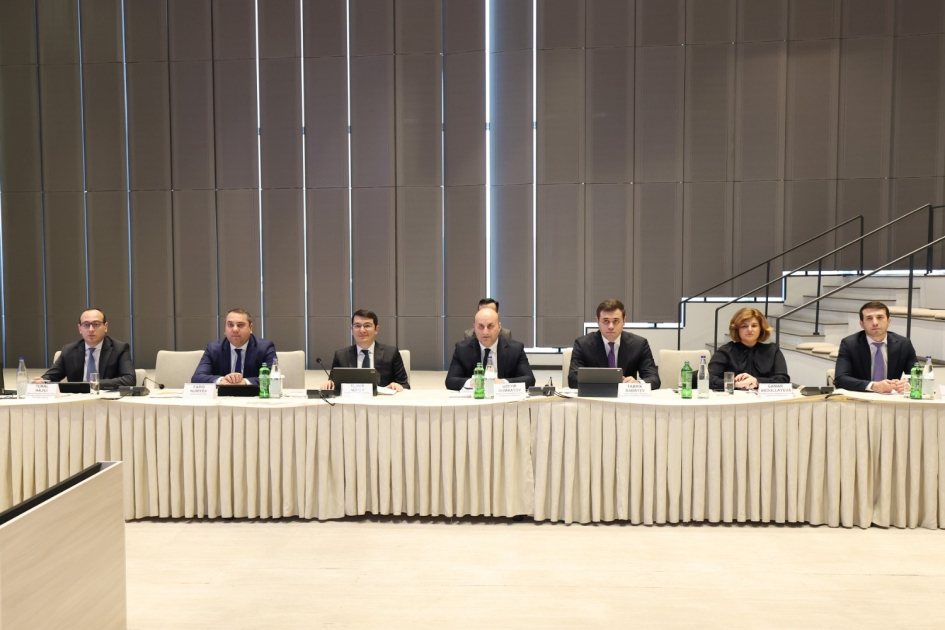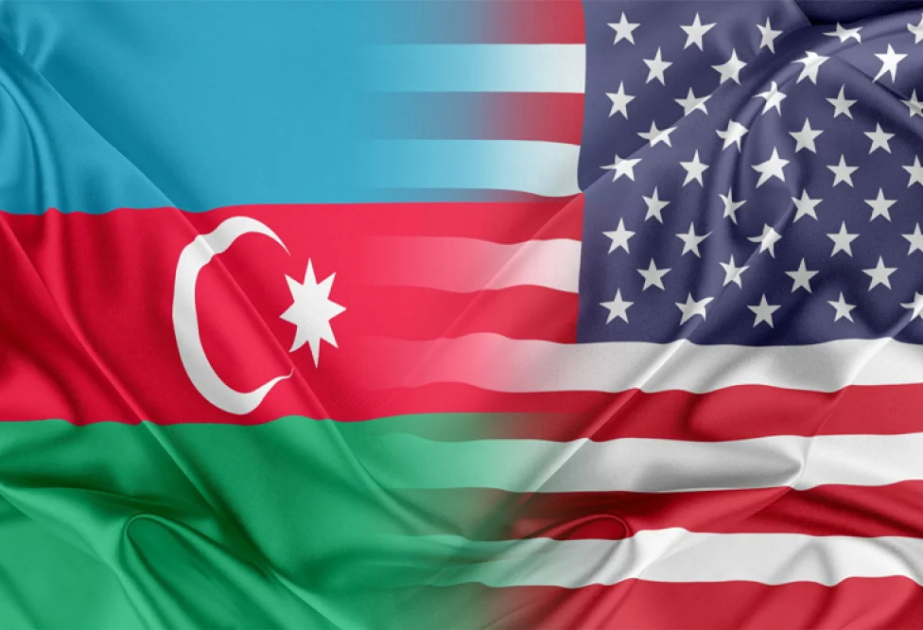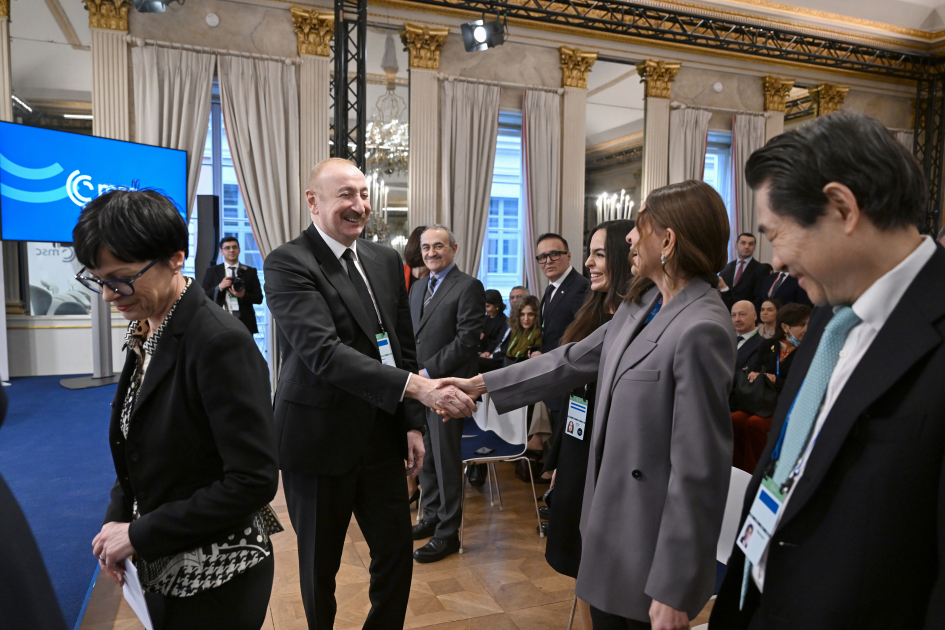In the past two years, foreign companies have committed to $1.7 billion in cross-purchase agreements with Israeli businesses, marking a significant milestone in Israel’s reciprocal procurement efforts, according to the Press Service of Israel (TPS-IL).
This data comes from the Industrial Cooperation Authority’s (ICA) 2023-2024 summary report, which was submitted to Minister of Economy and Industry Nir Barkat.
According to the report, industrial cooperation has generated approximately $6 billion in actual procurement annually, benefiting more than 1,100 Israeli businesses each year — about 700 of which are small and medium-sized enterprises. The ICA facilitates these engagements by ensuring that foreign suppliers involved in government tenders invest in Israel’s economy, particularly in the peripheral regions and among SMEs.
“Reciprocation is an important tool that strengthens Israeli industry, helps connect it to giant companies and additional markets, and enables the transfer of extensive knowledge,” said Minister Barkat. “This is our way to take advantage of the government’s significant investment in security and infrastructure, and ensure that local suppliers are involved in projects and receive a worthy business opportunity.”
In 2023, 186 new commitments totaling $628 million were recorded from 49 foreign companies. Roughly 55 percent of those commitments were civilian-related, while 45 percent came from defense procurement. In 2024, the scale grew significantly: 259 new commitments totaling $1.14 billion were made by 75 foreign firms, with defense procurement accounting for a substantial 85 percent of that figure.
Government bodies driving these commitments included the Ministry of Defense, which alone secured $887 million in commitments — many linked to projects with Boeing. Other major contributors were Israel Railways and the Israel Electric Corporation. Alstom and Siemens committed $161 million related to railway carriage purchases, while German firm Thales was charged with an $8 million commitment for signaling equipment. In the energy sector, companies like China’s BYD and Greece’s Hellenic agreed to tens of millions of dollars in procurement obligations following large-scale purchases.
The ICA’s report highlights that in 2023, over 1,000 Israeli companies benefited from cross-purchasing activity tied to $6 billion in reported acquisitions—a 43 percent increase compared to the previous year. The following year remained steady with 5.8 billion in acquisition volume and 1,118 Israeli companies involved.
Moti Hagay, Director General of the Ministry of Economy and Industry, emphasized the strategic importance of the program: “Reciprocal procurement is a unique means that exposes Israeli industries to significant business opportunities, both within the framework of projects in Israel and overseas. It’s not just regulation — it’s a lever for government investments in Israeli industry and brings economic growth and long-term benefits to foreign companies as well.”
Under Israeli law, foreign companies awarded government contracts must commit to repurchase or industrial cooperation agreements with Israeli businesses — typically at rates of 50 percent for defense, 18 percent for civilian transactions under the GPA, and 35 percent for other contracts.
One notable development this year was the imposition of a sanction on a foreign company that failed to meet its obligations. The firm, which was not named in the report, is now barred from participating in Israeli government tenders for two years—the first time such a penalty has been enforced.
Nurit Tzur-Rabino, Head of Industrial Strategy, noted, “This year, the ISA continued to promote high-quality industrial collaborations. Transactions that are WIN-WIN—to Israeli industry, to committed foreign companies, and to the government entities. We are careful to enforce commitments and their implementation on the ground, and in the past year we have acted even more vigorously.”
Tzur-Rabino added that the ICA remains committed to helping Israeli companies connect with foreign markets and will continue to ensure compliance through oversight and strategic support.






















